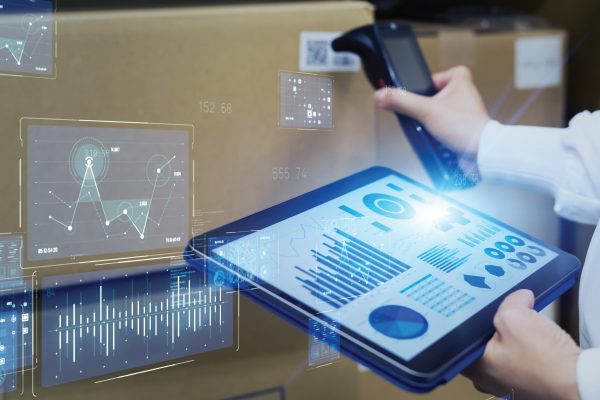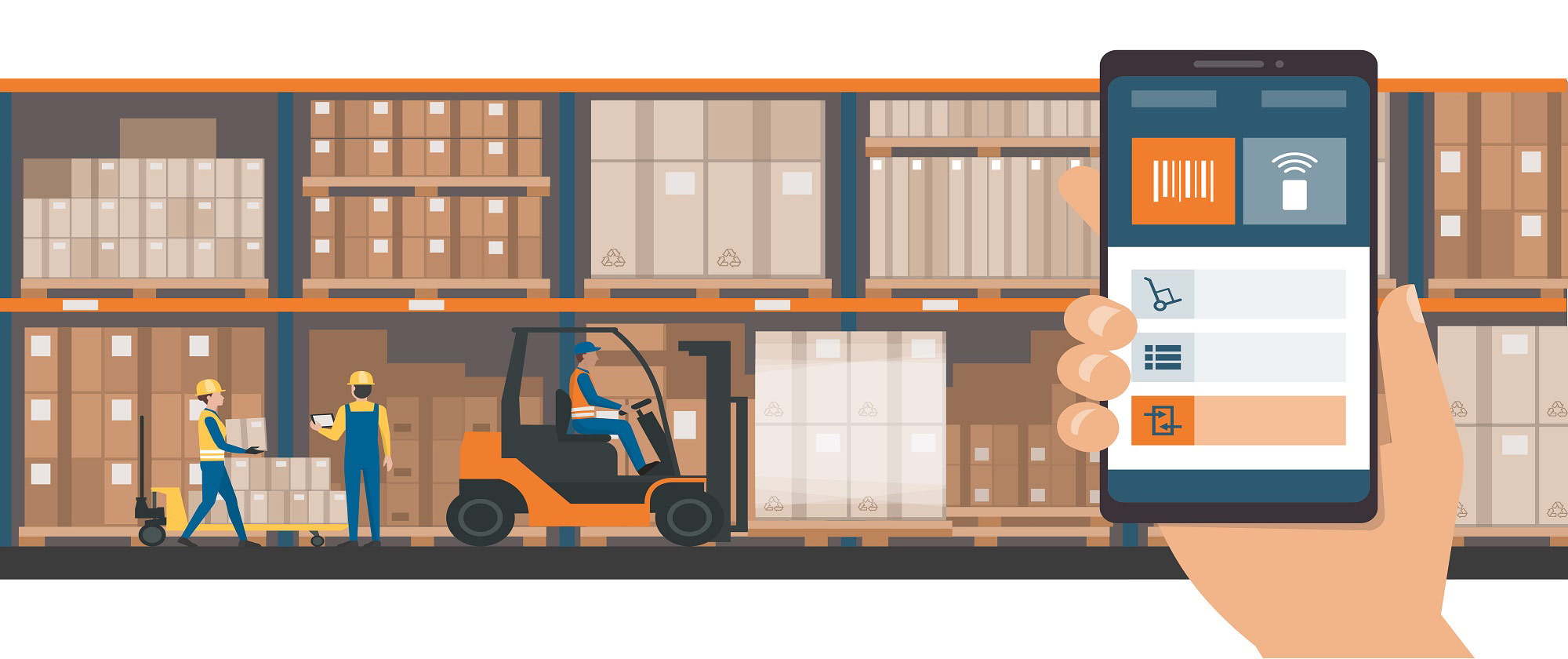A new wave of digitalisation will allow firms to vastly improve its operations and efficiency and stave off upstart rivals.
Unlike several other industries ranging from telecom to consumer goods and media to retail, logistics has been a late adopter of technology and the latest digital innovations. However, given some obvious inefficiencies (it is estimated, for instance, that half the trucks worldwide come back empty on their return) digital transformation can have a marked impact on this technological late bloomer by increasing efficiency and decreasing energy consumption and emissions.
According to an estimate from the World Economic Forum (WEF), there is a massive USD 1.5 trillion in ‘value at stake for logistics players and a further USD 2.4 trillion worth of societal benefits as a result of digital transformation of the industry up until 2025.’
Playing catch up
As the logistics industry attempts to make up hastily for lost time with its technology and digital initiatives, it is vital for this industry to recognise the immense value that investment brings to the sector. Leveraging technology and automation, digitalisation can reduce inefficiencies in the market, generate better data that can improve decision-making and catalyse the establishment of end-to-end supply chains by connecting trading partners, as well as provide clearer visibility throughout these industry processes.
Moreover, logistics companies have also recognised the ground under their feet is moving—a raft of new, nimble rivals ranging from well-funded startups to clients-turned-rivals, is reshaping the contours of this industry. To keep pace, legacy logistics providers are compelled to digitalize their businesses or get left behind post the technological revolution.
Already, these new rivals are making significant inroads into the market by offering more streamlined end-to-end services, and suppliers themselves are digitalizing their offerings and operations. Given their belated investment in technology and digitalisation, the old guard of the logistics industry is rushing to keep pace with these changes.
The digitalisation imperative
Without aggressive investments, logistics concerns will struggle to avoid the punches being landed by upstart rivals or worse being brought to their knees by a knock-out punch. The logistics industry has plenty to fix: a fragmented sector struggling to deal with under-utilised assets, old and manually run processes and outdated customer interfaces, provide an industry primed for a much-needed tech upgrade.
“The advent of new technology and innovation allows for the logistics industry to significantly increase its output and efficiency,” says Vaishnav Shetty, Executive Director, ECU Worldwide. “At ECU Worldwide, our investments in technology ensure that we benefit from the industry-wide tectonic shifts that are occurring around us and we are confident that we can build and implement tools that will help catalyse our journey towards the era of Logistics 4.0,” he continues.
This new tech-driven version of the industry- Logistics 4.0- will be about networking and integration of processes within and outside companies, extending to real-time control of logistics networks. Using an array of tech solutions ranging from embedded systems interconnected via communication networks to assistance systems such as devices with autonomous intelligence and decision-making capabilities such as cameras, detectors and self-driving cars, companies within the logistics industry now hope to make up rapidly for lost time, money and market share.
Trend spotting
By adopting newer technologies, logistics companies strive to provide transparency throughout entire supply and dispatch chains, to improve management and efficiency. The advent of Logistics 4.0 will focus on cross-company automation and the optimization of material flows and subsequently, see the arrival of newer business models, processes and partner networks.
Having seen this upcoming seismic shift and preparing pre-emptively for it, ECU Worldwide has taken a step in the right direction with ECU360, its state-of-the-art online platform set to make managing shipments and cargo transportation seamless and hassle-free for both customers and sales team members. ECU360 allows customers to get quotations directly and has door-to-door rates for 40 countries (this helps save time and provides a more accurate idea of the costs involved as opposed to port-to-port rates). The tool also allows users to create templates for their shipments and use them for repeat transactions. This helps save time and can enable customers to book within a mere 30 seconds.
With ECU360, customers can complete the transaction independently without needing to depend on multiple people for assistance or needing to manage a slew of paperwork for multiple quotes. With analytics and information at their fingertips, users can analyse past transactions, invoices and take decisions based on these insights.
ECU360 is the world’s only LCL platform that provides customer specific pricing, invoicing, statistics and much more. Having prioritized customer experience as a key driver of the platform, we’re providing customers with superior functionality combined with astonishing ease-of-use. As the digital era dawns, ECU Worldwide aims to liberate customers from time-consuming processes with the help of advanced technologies that reduce the effort and energy spent in managing the complexities of trade. ECU360 will empower customers with end-to-end control of their shipment processes- all within the reach of a few clicks.














